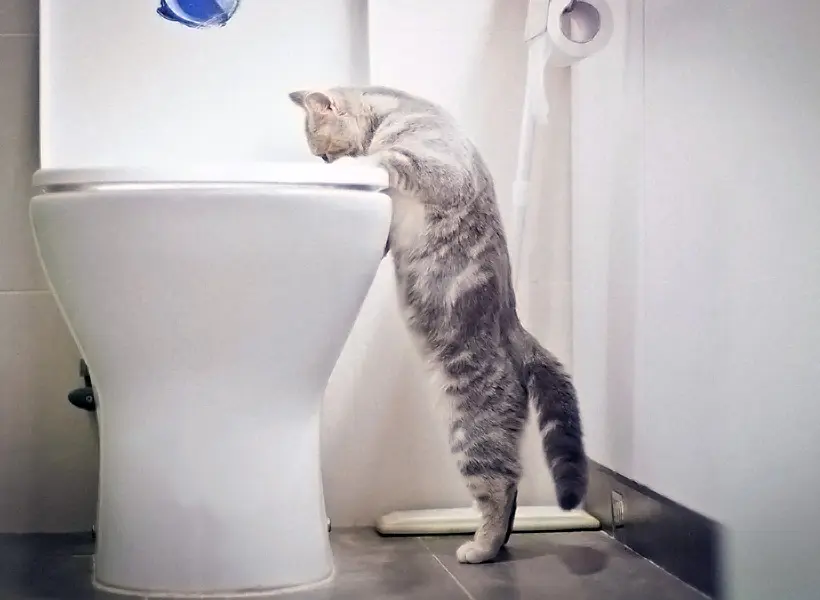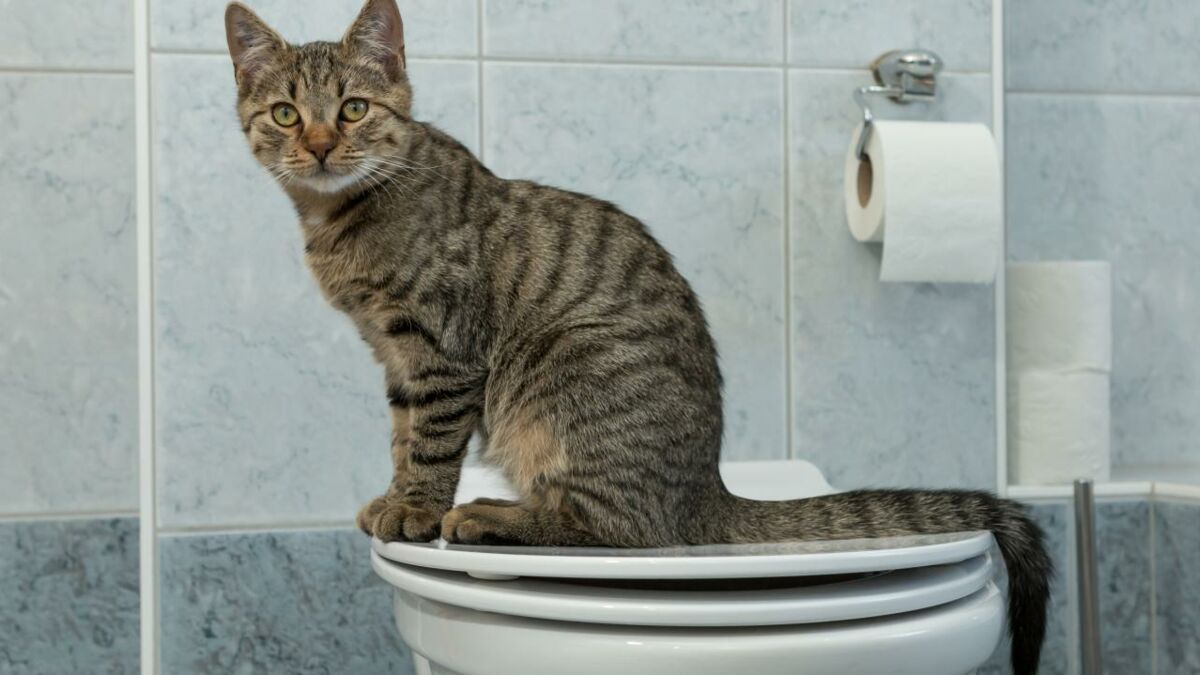The Risks of Disposing Cat Poop in Your Toilet - Preventive Measures
The Risks of Disposing Cat Poop in Your Toilet - Preventive Measures
Blog Article
We have come across this article on How to Dispose of Cat Poop and Litter Without Plastic Bags down the page on the internet and reckoned it made perfect sense to write about it with you here.

Intro
As feline owners, it's vital to bear in mind exactly how we throw away our feline friends' waste. While it may appear practical to flush pet cat poop down the commode, this technique can have destructive repercussions for both the atmosphere and human health.
Ecological Impact
Flushing pet cat poop introduces dangerous virus and parasites right into the water, presenting a significant threat to aquatic communities. These impurities can adversely influence marine life and concession water high quality.
Wellness Risks
Along with ecological problems, flushing pet cat waste can additionally position wellness risks to human beings. Pet cat feces may have Toxoplasma gondii, a parasite that can trigger toxoplasmosis-- a potentially serious illness, particularly for expecting ladies and individuals with damaged immune systems.
Alternatives to Flushing
Thankfully, there are more secure and extra accountable ways to dispose of pet cat poop. Consider the complying with options:
1. Scoop and Dispose in Trash
One of the most usual approach of taking care of cat poop is to scoop it right into a naturally degradable bag and throw it in the trash. Make certain to use a devoted trash scoop and take care of the waste promptly.
2. Use Biodegradable Litter
Opt for biodegradable cat clutter made from products such as corn or wheat. These trashes are environmentally friendly and can be safely gotten rid of in the trash.
3. Bury in the Yard
If you have a yard, take into consideration hiding cat waste in a marked location away from veggie gardens and water resources. Make certain to dig deep sufficient to prevent contamination of groundwater.
4. Set Up a Pet Waste Disposal System
Invest in a pet dog waste disposal system especially developed for feline waste. These systems utilize enzymes to break down the waste, reducing odor and ecological influence.
Final thought
Accountable pet ownership prolongs past offering food and sanctuary-- it additionally involves proper waste monitoring. By refraining from flushing feline poop down the bathroom and opting for alternative disposal methods, we can lessen our ecological impact and safeguard human health and wellness.
Why You Should NEVER Flush Cat Poop (and/or Litter) Down Your Toilet
The Problem with Litter
The main function of litter is to solidify and adhere to your cat’s waste. While this makes litter excellent for collecting cat poop and urine, it’s also the exact property that makes it a nightmare when flushed down the toilet.
Cat litter can and will clog pipes. There is non-clumping litter, but it’s still quite heavy and can build up in pipes. This is true even of supposed “flushable litter.”
The problems only compound when the litter is already clumped into cat waste. Toilet paper is among the more flushable things, and even too much of that will clog a toilet.
The Problem with Cat Poop
Sewers and septic systems are designed with human waste in mind. The microbes that help break down human waste don’t work on cat waste. Additionally, cat poop plays host to the parasite Toxoplasma gondii.
When flushed, this parasite can enter the environment in places it was never meant to, posing a risk to pregnant women, their unborn children, and other people with compromised immune systems. While it might not seem possible, flushing cat poop can indeed introduce this parasite to the public water supply.
These reasons are why, even if you’ve trained your cat to go on the toilet and flush, which is possible, it’s still not a good idea. Also, pregnant women and the immunocompromised shouldn’t change litter, either.
How to Handle Litter
The best way to handle litter is to simply put it in a plastic bag and place it in the trash. Avoiding environmental risks and possible plumbing damage is worth the extra effort.
You can also invest in devices that seal away your cat’s waste in a separate compartment, so you don’t have to change the litter nearly as often. They’re also safer for pet owners because they limit the possibility of Toxoplasma gondii exposure.
Disposing of litter the old-fashioned way will ensure you won’t have to worry about any issues that flushing the waste can potentially cause.
Take Care of Clogged Pipes with Stephens Plumbing, Heating & Air Conditioning
The reasons you should never flush cat poop down your toilet are numerous, but sometimes the inevitable happens despite your best efforts.
Stephens Plumbing, Heating & Air Conditioning is ready to help if you’re experiencing litter-blocked plumbing. Whether you need us in an emergency or want to schedule regular maintenance, we’re here for you.
https://www.stephensplumbing.net/bathroom-plumbing/never-flush-cat-poop-down-your-toilet/

Do you like reading up on How to Dispose of Cat Poop and Litter Without Plastic Bags? Give a review directly below. We'd be interested to hear your ideas about this posting. We hope that you come back again in the near future. For those who appreciated our page please don't forget to pass it around. Many thanks for your time spent reading it.
Explore Report this page